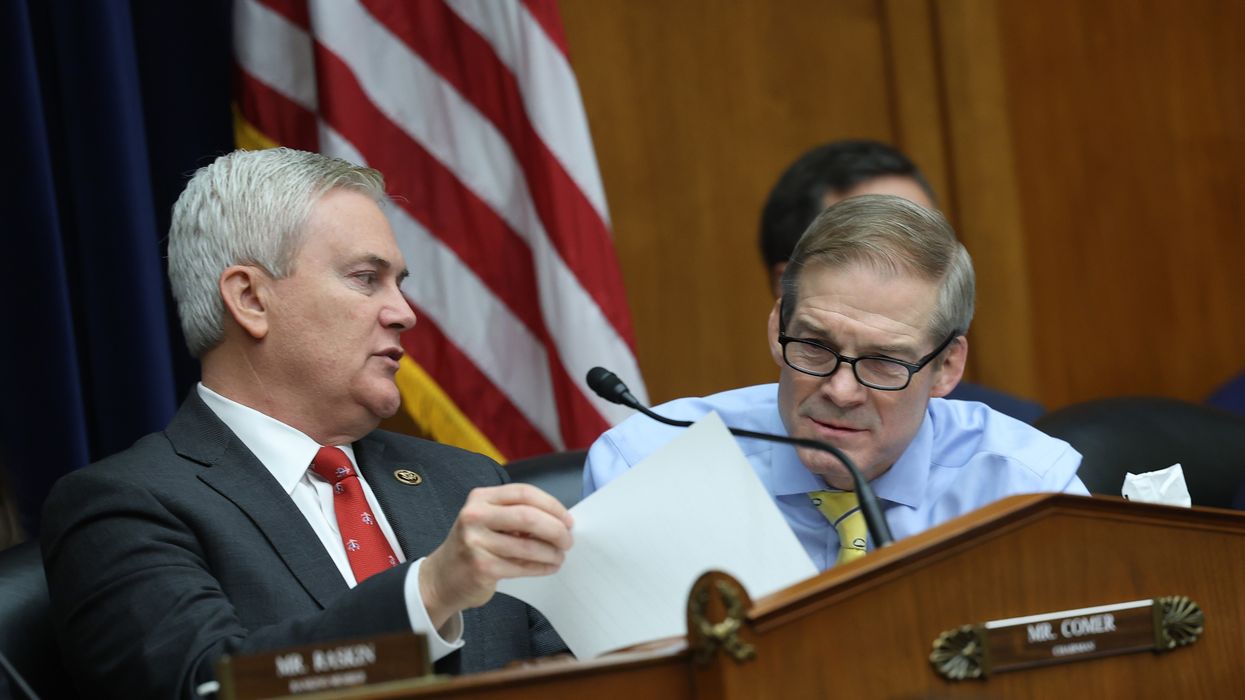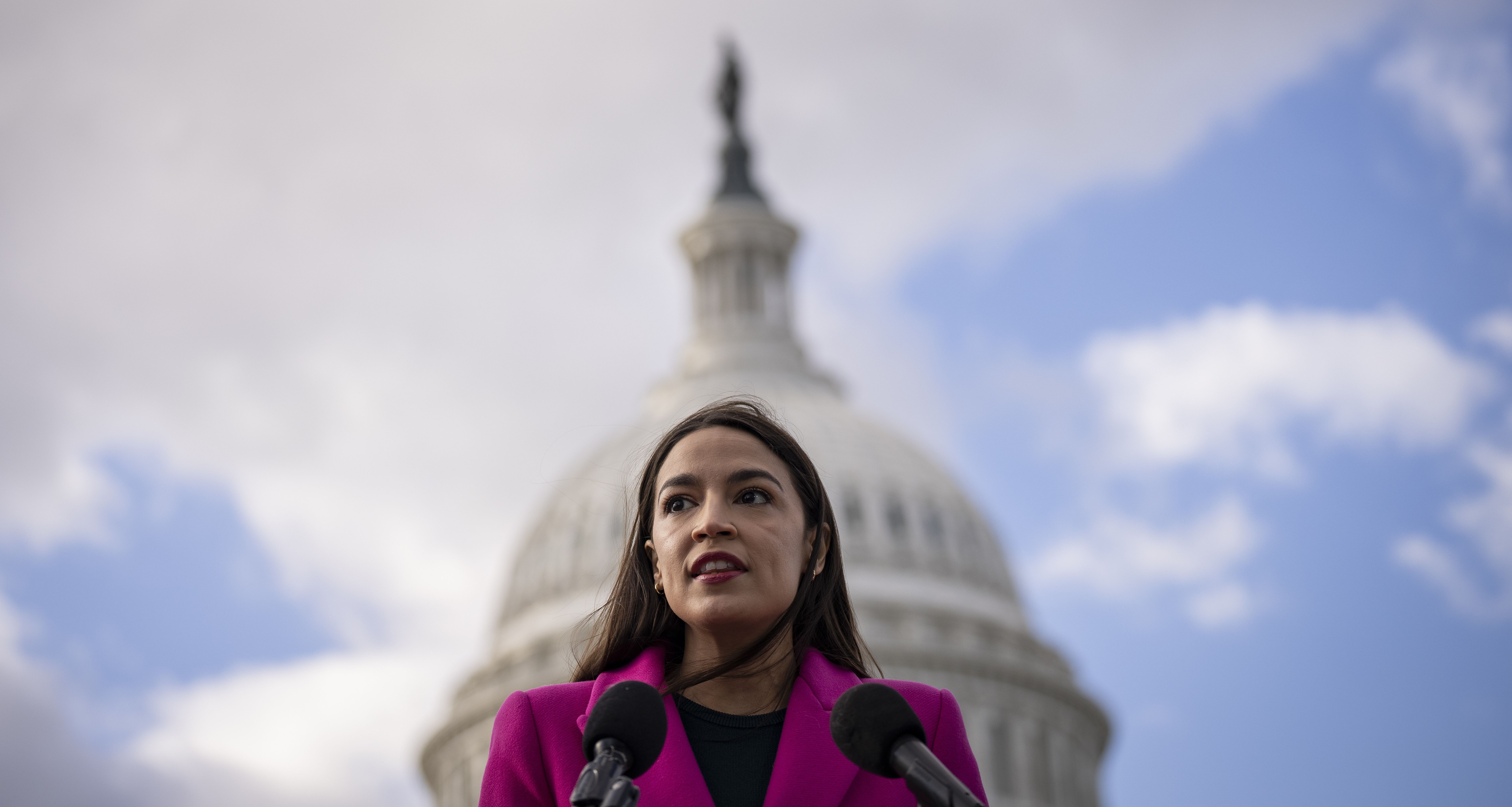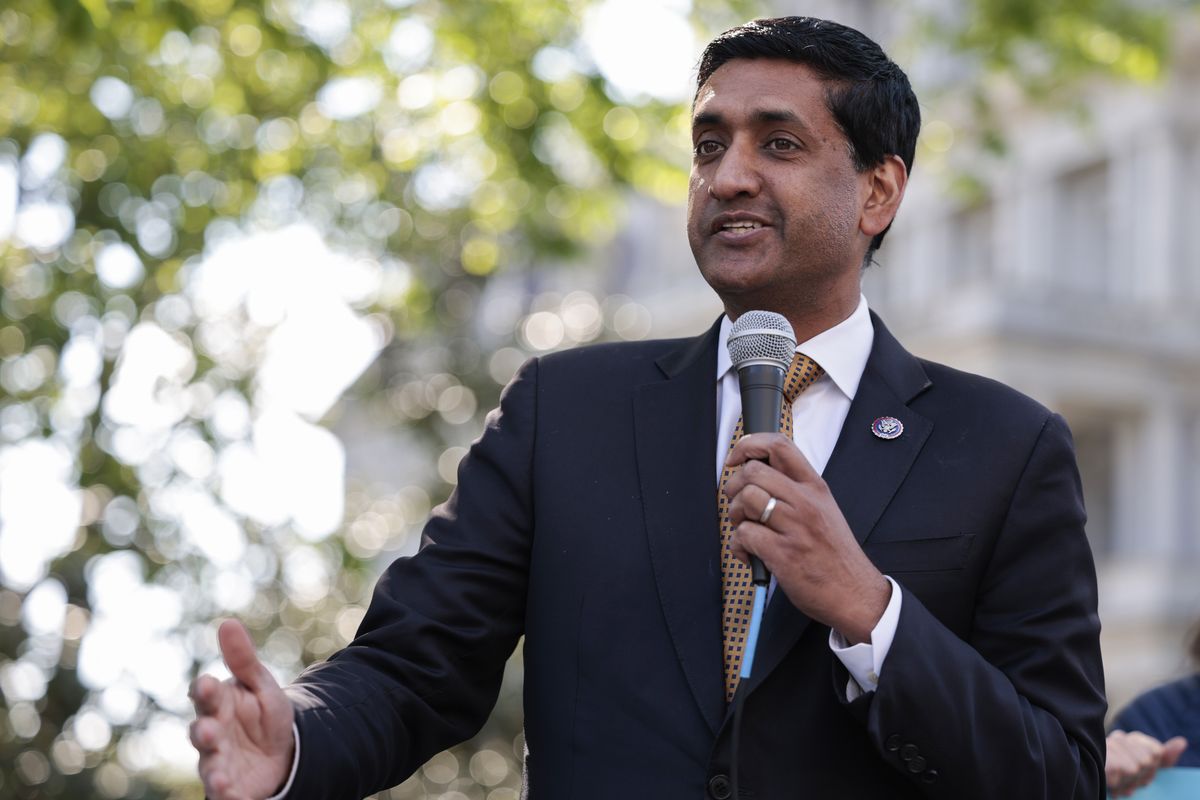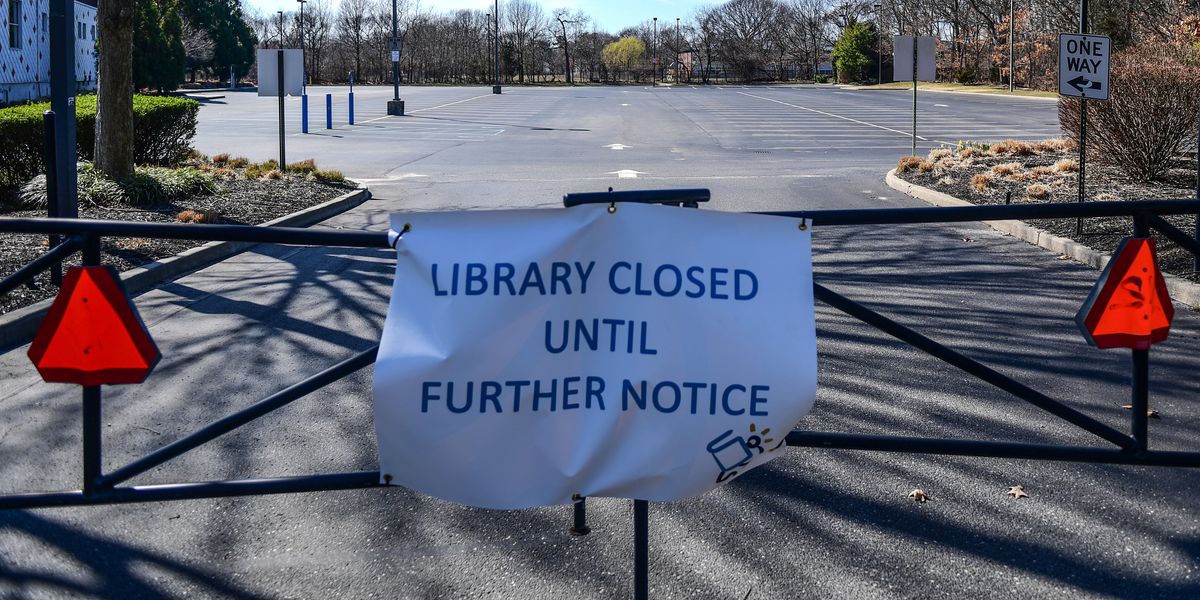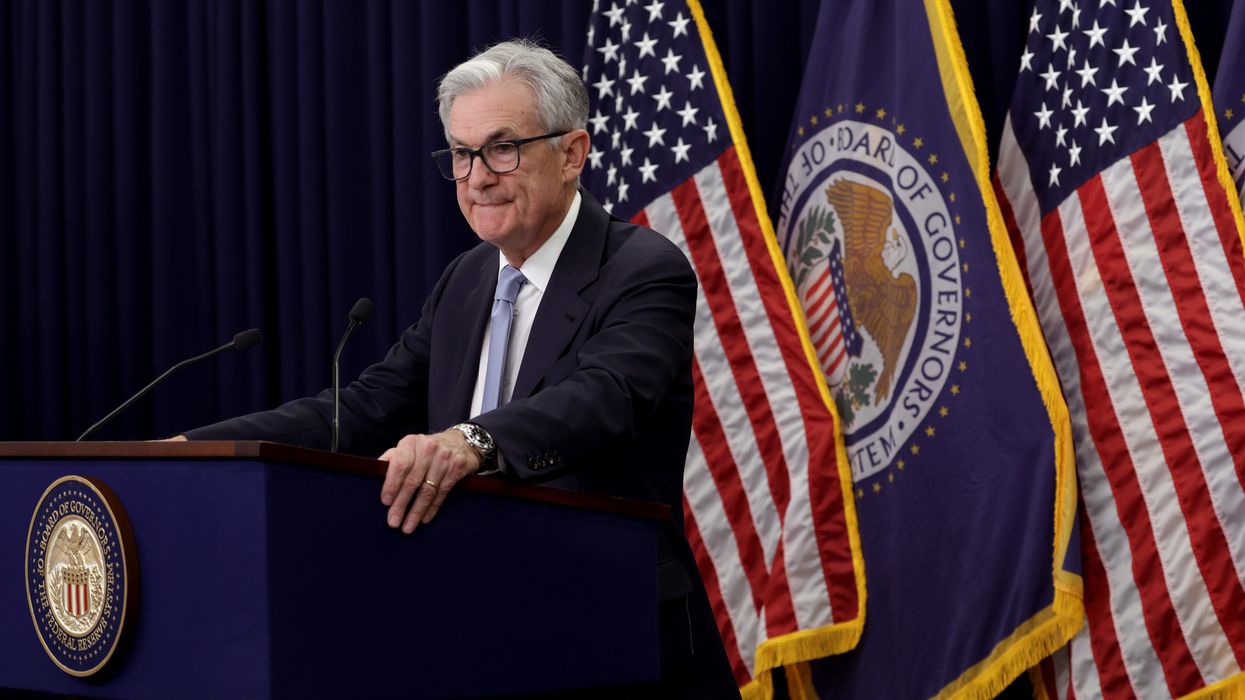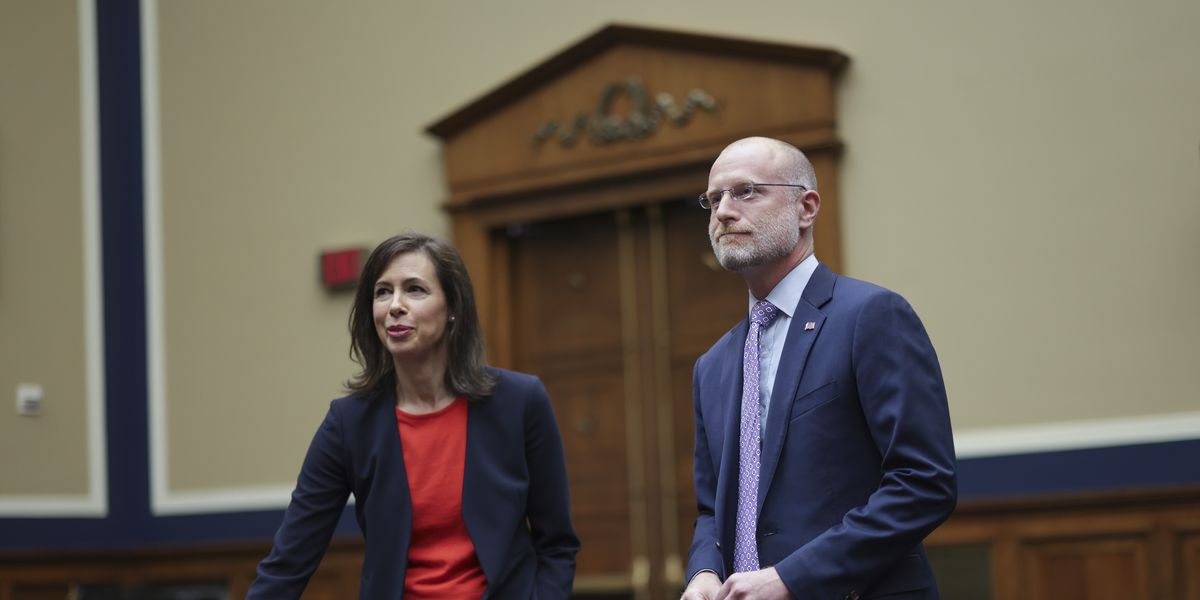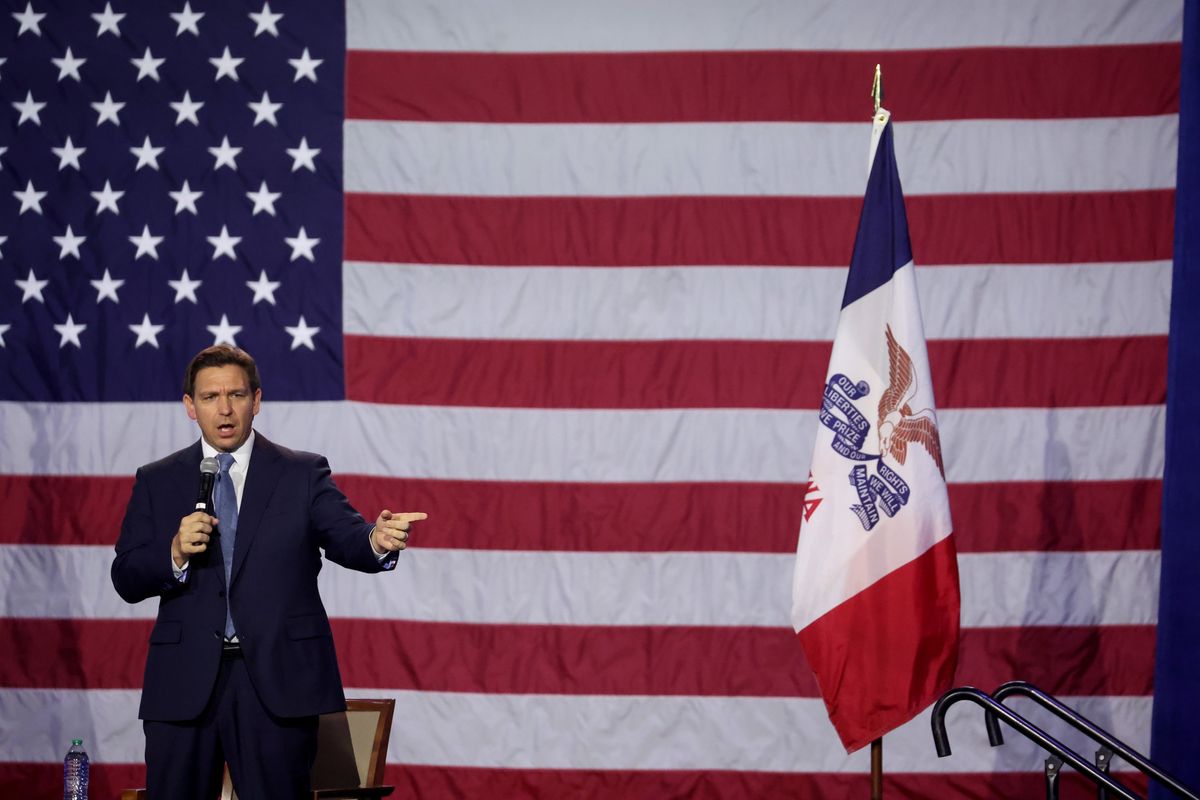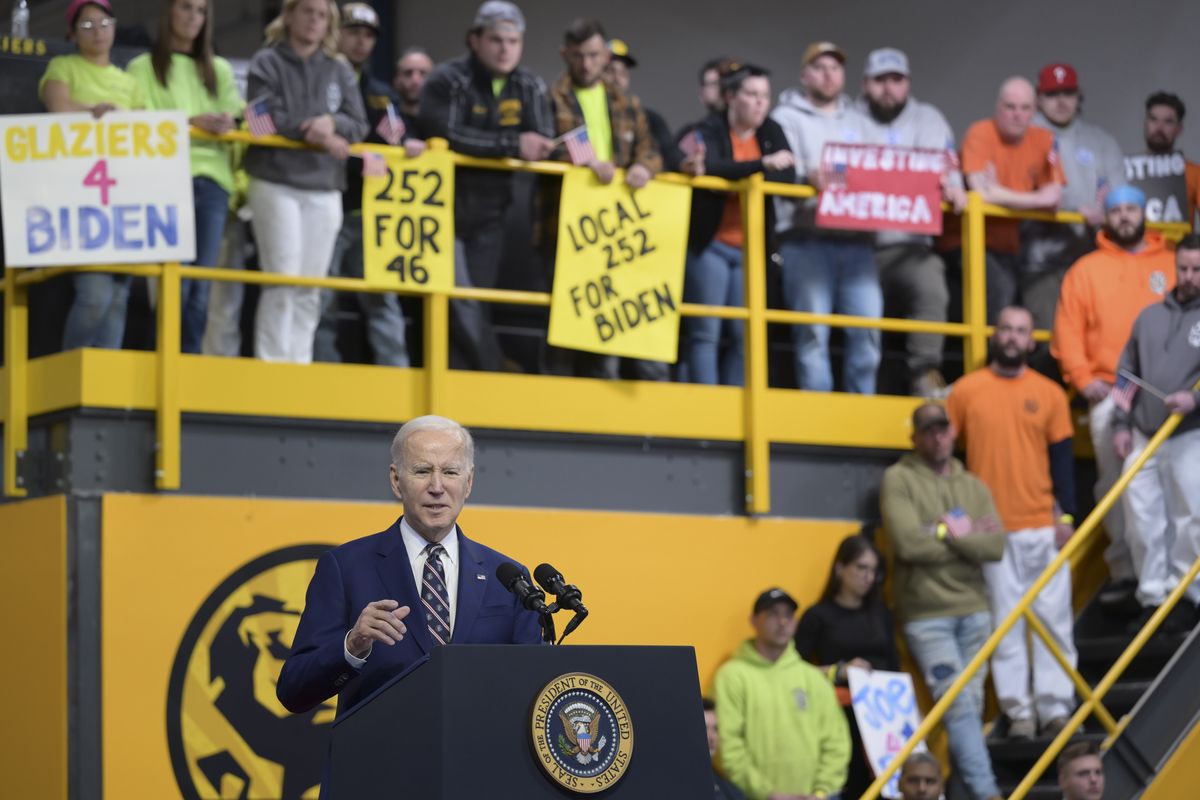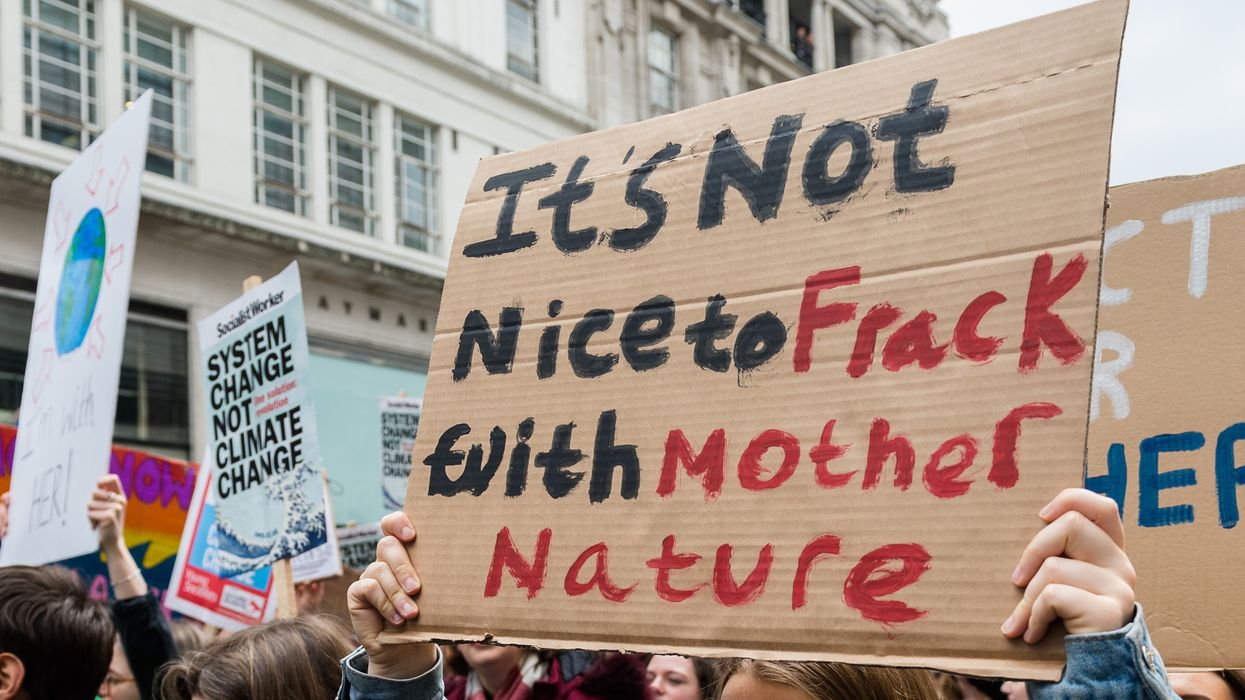
This story originally appeared in Common Dreams on March 25, 2023. It is shared here with permission.
Internet Archive vowed to appeal after a U.S. district court judge on Friday sided with four major publishers who sued the nonprofit for copyright infringement.
Prior to the Covid-19 pandemic, Internet Archives operated a controlled digital lending system, allowing users to digitally check out scanned copies of purchased or donated books on a one-to-one basis. As the public health crises forced school and library closures, the nonprofit launched the National Emergency Library, making 1.4 million digital books available without waitlists.
Hachette, HarperCollins, John Wiley & Sons, and Penguin Random House sued Internet Archive over its lending policies in June 2020. Judge John G. Koeltl of the Southern District of New York on Friday found in Hachette v. Internet Archive that the nonprofit “creates derivative e-books that, when lent to the public, compete with those authorized by the publishers.”
A future in which libraries are just a shell for Big Tech’s licensing software and Big Media’s most popular titles would be awful—but that’s where we’re headed if this decision stands.
Lia Holland, fight for the future
Internet Archive “argues that its digital lending makes it easier for patrons who live far from physical libraries to access books and that it supports research, scholarship, and cultural participation by making books widely accessible on the Internet,” the judge wrote. “But these alleged benefits cannot outweigh the market harm to the publishers.”
In a statement responding to the ruling, Internet Archive founder Brewster Kahle pledged to keep fighting against the publishers.
“Libraries are more than the customer service departments for corporate database products. For democracy to thrive at global scale, libraries must be able to sustain their historic role in society—owning, preserving, and lending books,” Kahle said. “This ruling is a blow for libraries, readers, and authors and we plan to appeal it.”
Internet Archive’s supporters have shared similar warnings throughout the ongoing court battle, including after the ruling Friday.
“In a chilling ruling, a lower court judge in New York has completely disregarded the traditional rights of libraries to own and preserve books in favor of maximizing the profits of Big Media conglomerates,” declared Lia Holland, campaigns and communications director at the digital rights group Fight for the Future.
“We applaud the Internet Archive’s appeal announcement, as well as their steadfast commitment to preserving the rights of all libraries and their patrons in the digital age,” they said. “And our admiration is shared—over 14,000 people having signed our pledge to defend libraries’ digital rights at BattleForLibraries.com this week alone.”
Holland continued:
From a basic human rights perspective, it is patently absurd to equate an e-book license issued through a surveillance-ridden Big Tech company with a digital book file that is owned and preserved by a privacy-defending nonprofit library. Currently, publishers offer no option for libraries to own and preserve digital books—leaving digital books vulnerable to unauthorized edits, censorship, or downright erasure, and leaving library patrons vulnerable to surveillance and punishment for what they read.
In a world where libraries cannot own, preserve, or control the digital books in their collections, only the most popular, bestselling authors stand to benefit—at the expense of the vast majority of authors, whose books are preserved and purchased by libraries well after publishers have stopped promoting them. Further, today a disproportionate number of traditionally marginalized and local voices are being published in digital-only format, redoubling the need for a robust regime of library preservation to ensure that these stories survive for generations to come.
A future in which libraries are just a shell for Big Tech’s licensing software and Big Media’s most popular titles would be awful—but that’s where we’re headed if this decision stands. No book-lover who wants an equitable and trustworthy written world could find such a future desirable. Accordingly, we plan to organize an in-person action to demand robust ownership and preservation standards for digital books and libraries. For updates on when and where, check BattleForLibraries.com.
More than 300 authors last September signed an open letter led by Fight for the Future calling out publishers and trade associations for their actions against digital libraries, including the lawsuit targeting Internet Archive.
“Libraries saved my life as a young reader, and I’ve seen them do as much and more for so many others,” said signatory Jeff Sharlet. “At a time when libraries are at the frontlines of fascism’s assault on democracy, it is of greater importance than ever for writers to stand in solidarity with librarians in defense of the right to share stories. Democracy won’t survive without it.”
Fellow signatory Erin Taylor asserted that “the Internet Archive is a public good. Libraries are a public good. Only the most intellectually deprived soul would value profit over mass access to literature and knowledge.”
Koeltl’s ruling came just two days after the American Library Association released a report revealing that in 2022, a record-breaking 2,571 titles were challenged by pro-censorship groups pushing book bans, a 38% increase from the previous year.
Meanwhile, Republicans in the U.S. House of Representatives on Friday passed the so-called Parents Bill of Rights Act, which education advocates and progressive lawmakers argue is intended to ban books and further ostracize marginalized communities.
This post was originally published on The Real News Network.

